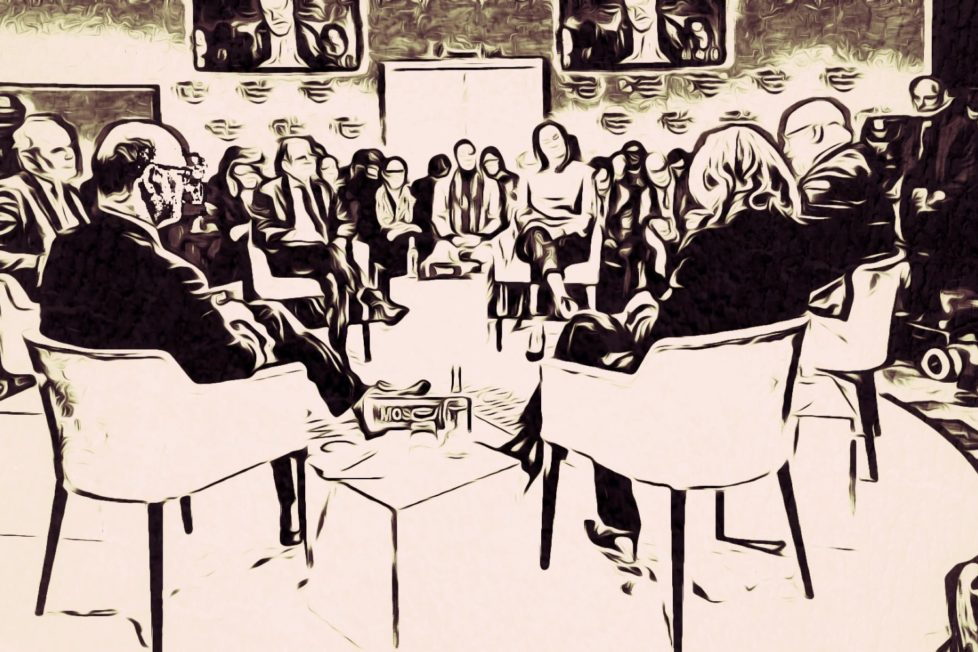Lancet Group makes diversity pledge and adopts ‘no manel’ policy

File photo courtesy of Unsplash.
‘Manels’ — i.e., panels consisting of all-male experts — are commonplace at STEM-based conferences, especially in the medical sector.
In June Dr. Francis Collins, head of the National Institutes of Health pledged to no longer participate in ‘manels,’ citing a need for diversity.
“Starting now, when I consider speaking invitations, I will expect a level playing field, where scientists of all backgrounds are evaluated fairly for speaking opportunities,” Dr. Collins said in a statement.
“If that attention to inclusiveness is not evident in the agenda, I will decline to take part. I challenge other scientific leaders across the biomedical enterprise to do the same.”
Now, another industry leader has stepped up.
In a newly-released statement, Lancet Group has announced a ‘no-manel’ policy and diversity pledge. The shift is backed by the medical journal’s editorial advisory board and aligns with the organization’s growing commitment to diversity and inclusion.
“We recognize that publication is a chief currency within science, medicine, and public health. It is key to the ability of women and people of colour to contribute, receive recognition, and accrue the experience, visibility, and achievement to compete for advancement,” Dr. Richard Horton, editor-in-chief of The Lancet, says in a statement.
“As editors and journals, we are just one part of an ecosystem that includes academic institutions and funders where gender bias is well-documented, and of a broader society that disadvantages certain groups to create an uneven playing field. But we are committed to be the change we want to see, and to playing our part in helping create diversity and inclusion in health research and publishing. We encourage other publishers, journals, and members of the science community to contribute to these pledges.”
The pledge comes six months after The Lancet published a special issue on women’s contributions to science, medicine, and health. At the time the publishers noted minorities are under-represented in author, reviewer and editorial roles across all scientific and medical journals.
“As part of the Lancet’s … commitment, all 18 Lancet Group journals committed to refreshing their editorial advisory boards to include at least 50% female members,” Lancet Group says. So far, the goal has been met for eight Lancet journals, with the remaining publications expected to achieve parity by the end of the year.
All future events sponsored or organized by Lancet Group will aim for at least half of its expert panels to consist of women.
Dr. Jocalyn Clark, the executive editor at The Lancet, says the announcement is demonstrative of the journal’s commitment to diversity and accountability.
She is calling on other industry leaders, including medical journals, to make similar pledges.
Read more about the initiative here.
